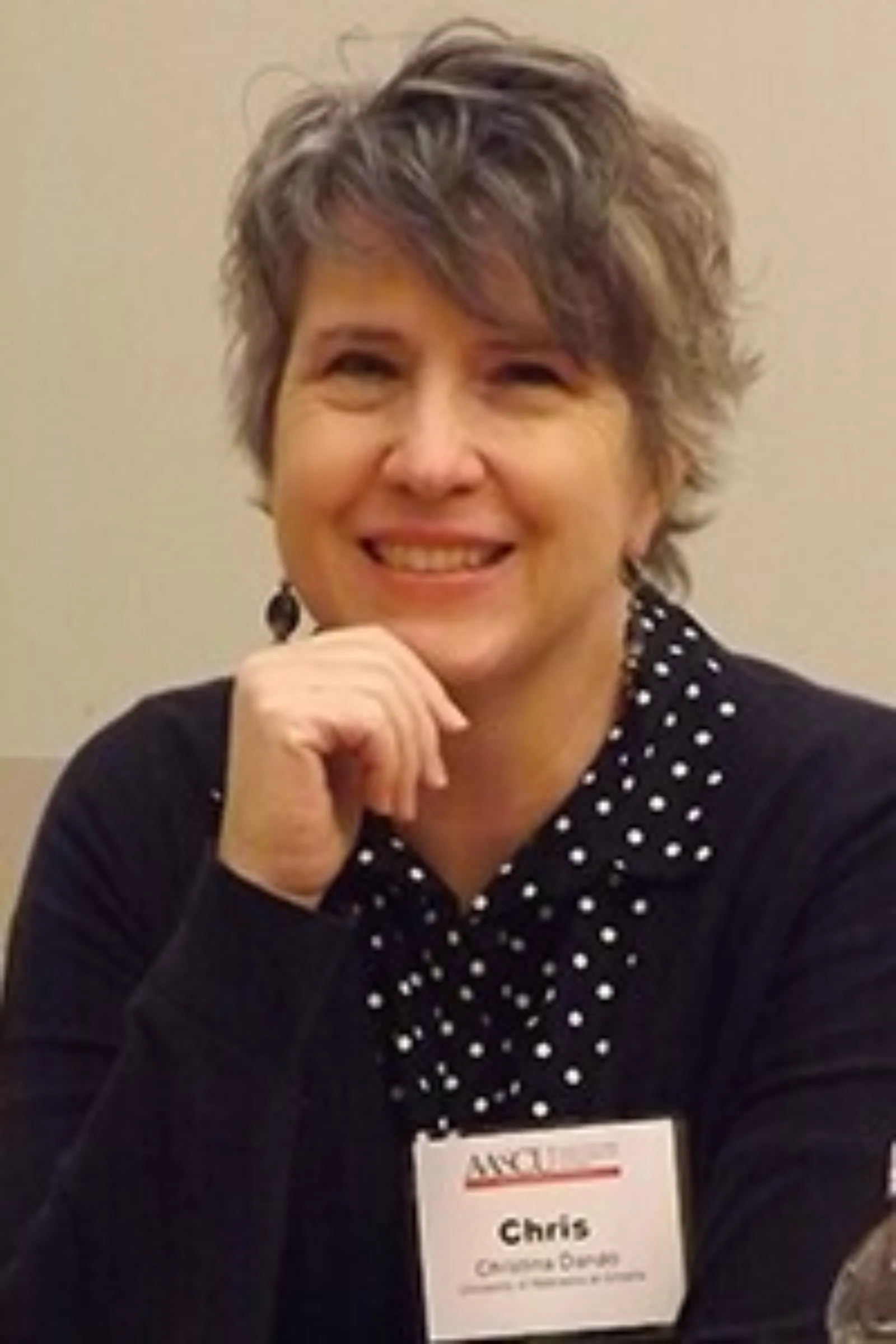American "Redlining" Maps as Iconic Images
Christina Dando, Professor of Geography, University of Nebraska, Omaha
American discriminatory housing practices are often represented with the image of a “redlined” map: a map created as part of the US Government’s 1930s Home Owners’ Loan Corporation (HOLC) efforts to, in a time of financial depression, prevent people defaulting on their home mortgages and lose their homes. The maps depict cities shaded green, blue, yellow, or red to reflect attitudes about extending loans to particular neighborhoods: to be “redlined” was to be viewed as an area of high risk for home loans. Since the 1970s and increasingly in the last ten years, these maps have become iconic images. The visual pattern of a city map overlayed with primary colors has become a shorthand for a wide variety of racially discriminatory housing practices in the United States. This paper will briefly discuss the creation of HOLC maps before considering their second life as an iconic image. These maps have greater power today than they did at the time of their creation, visually identifying with blazing red neighborhoods of minorities denied opportunities for generations. As a tool of visual rhetoric, they are detached from their history and used to reference racist community history. Viewers need but glance at one of these maps to instantly “know” what is being discussed – or do they? How did they become an icon? And what are the implications of these maps as icon?
Register
This event is free, but all participants must register in advance. Space is limited, so please do not request a paper unless you plan to attend.
Register and Request PaperAbout the Map History Seminar Series
The Map History Seminar aims to support interdisciplinary research in the history of maps and mapping in any period or specialty. With scholars in many different fields, we hope to foster lively discussions and explore new and exciting scholarship that engages with the history of maps and mapping. The seminar uses a workshop model where attendees will read a pre-circulated paper from the presenter and attend ready to discuss. Some meetings will be virtual and some in person.
